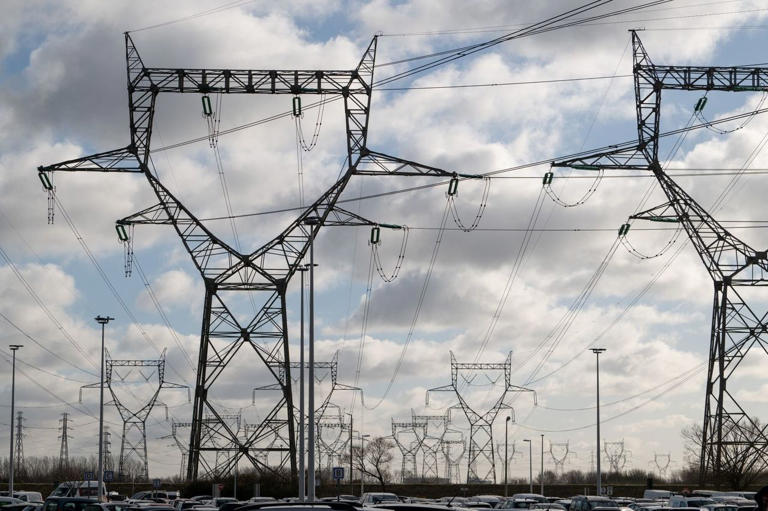The recent account of postal manager José Belloso’s experience in Paris underscores the tangible ramifications of stringent energy efficiency regulations, shedding light on a broader trend where consumers grapple with the escalating costs associated with transitioning to cleaner energy sources.
Belloso’s situation serves as a poignant example of the impact of regulations mandating energy efficiency inspections on property transactions. Despite the historic allure of his apartment, constructed from millstone during France’s Belle Époque era, the property fell short of meeting contemporary energy efficiency standards. Consequently, Belloso faced the daunting prospect of extensive and costly renovations to comply with regulations, ultimately leading to a significant reduction in the property’s market value.
The global shift towards sustainable energy practices has prompted governments worldwide to enact policies aimed at curbing carbon emissions and mitigating climate change. However, the implementation of these measures has elicited mixed reactions from consumers, many of whom find themselves ill-prepared for the financial burden associated with compliance. As subsidies diminish, taxes on carbon emissions are phased in, and stringent renovation requirements take effect, consumers are left grappling with the economic repercussions.
From farmers protesting the removal of diesel-fuel subsidies in European capitals to German households resisting mandates to replace gas boilers, discontent among consumers is palpable. In California, homeowners and businesses seeking to adopt solar energy face challenges due to revised metering rules, which significantly reduce compensation for excess electricity generation.
The confluence of geopolitical tensions, escalating energy costs, and inflationary pressures further complicates the energy transition landscape. While governments initially embraced climate legislation amid favorable economic conditions, the current environment presents new challenges. Wars, such as those in Ukraine and Gaza, necessitate increased defense spending, exacerbating fiscal constraints and fueling inflation.
To navigate these challenges, policymakers must strike a delicate balance between climate objectives and economic stability. French President Emmanuel Macron’s proposal for a “regulatory pause” in Europe underscores the need for a nuanced approach to climate policy in response to geopolitical shocks. However, delaying the energy transition could have dire consequences, potentially exceeding the thresholds outlined in international agreements like the Paris accord.
Despite mounting obstacles, consumer sentiment remains pivotal in shaping the trajectory of the energy transition. While the majority express support for sustainable practices, there is growing resistance to bearing the disproportionate financial burden. The perception that the transition benefits elites at the expense of low- and middle-income households further complicates the narrative surrounding climate action.
As households contend with escalating costs and regulatory hurdles, the need for equitable and effective climate policies becomes increasingly apparent. From investments in critical infrastructure to incentivizing renewable energy adoption, governments must prioritize strategies that foster broad-based participation and ensure a just transition for all stakeholders.
The experiences of individuals like Belloso underscore the need for policymakers to strike a delicate balance between environmental objectives and socioeconomic considerations. By addressing concerns regarding affordability, accessibility, and fairness, governments can garner greater public support and drive meaningful progress towards a sustainable future.
